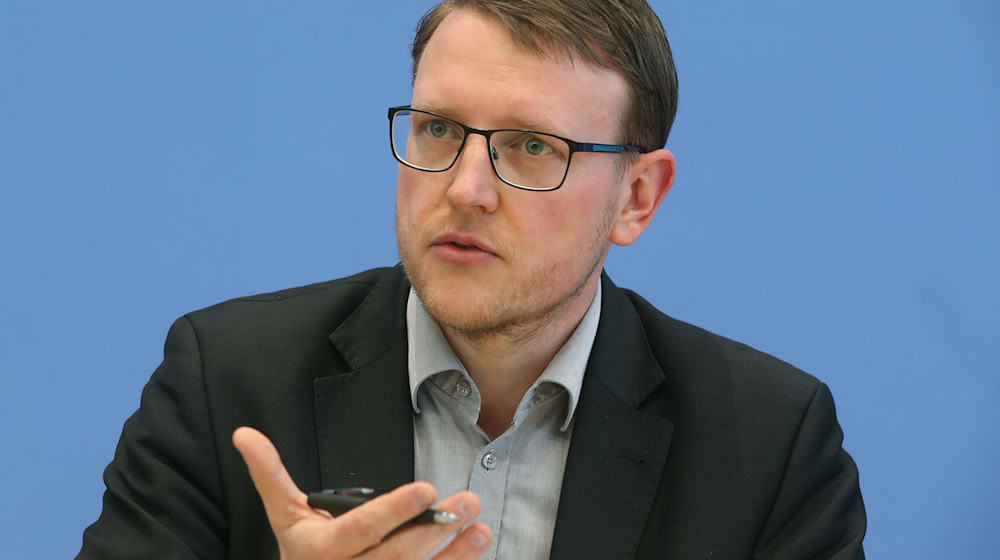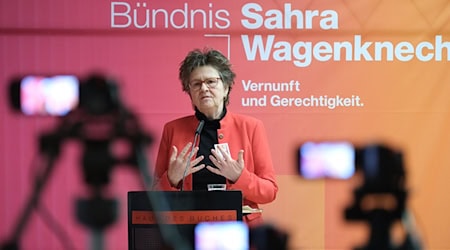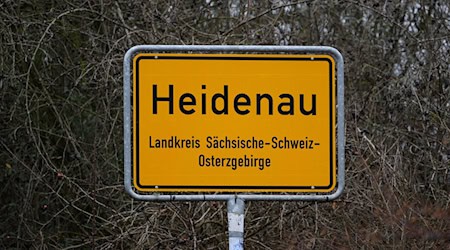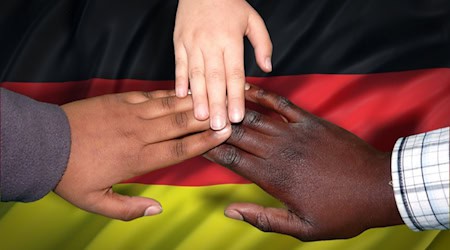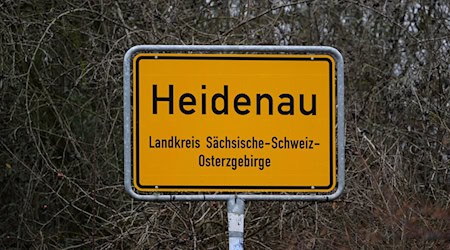Sociologist and extremism researcher Matthias Quent warns against predictions that the AfD could become the strongest force in a federal election in four years' time. "That's basically the AfD recipe, it makes itself bigger than it actually is," Quent told the German Press Agency. The majority - including the East German population - continue to reject the AfD.
Quent said that the democratic parties had made a whole series of concessions on migration policy in East Germany and on issues relating to support for Ukraine. "And we see that this has not led to the AfD becoming smaller - on the contrary, it has become more and more established and normalized in Germany."
The AfD has established itself far beyond a radical right-wing milieu. The political and cultural divide between East and West Germany is continuing, Quent analyzed.
The CDU/CSU clearly won the Bundestag election. The AfD doubled its result and is in second place nationwide. The AfD is the strongest party in Saxony, Saxony-Anhalt and Thuringia. In the three states, it is rated by the respective Office for the Protection of the Constitution as definitely right-wing extremist.
New federal government must radiate unity
"The new federal government must in any case provide orientation, radiate unity and give people the feeling again that it has a plan for the coming months of crisis, which will then of course also be reflected in economic results," said the sociologist. This will be a major task for CDU/CSU chancellor candidate Friedrich Merz, "who is considered a bit hot-headed".
All in all, the federal election was characterized by a strong rejection of federal politics and the traffic light government, said Quent. "The top candidates of the three traffic light parties were all part of the traffic light government. That was not a good sign to those who were dissatisfied with the government," said the professor at Magdeburg-Stendal University of Applied Sciences.
Copyright 2025, dpa (www.dpa.de). All rights reserved

